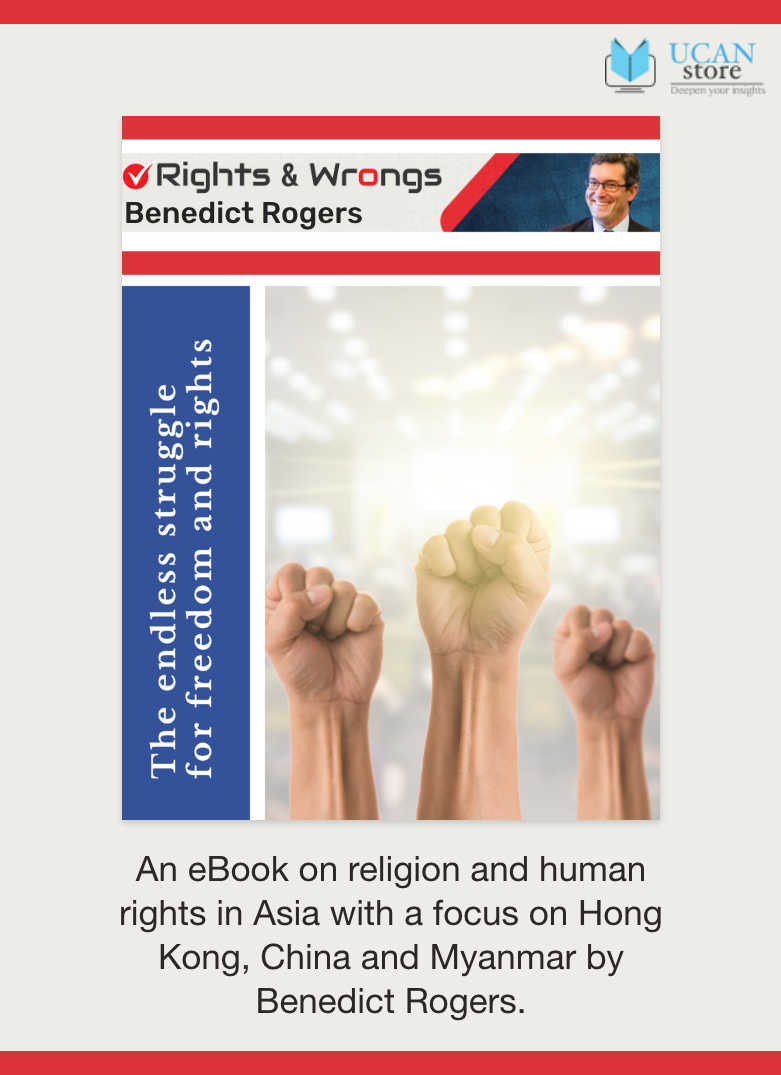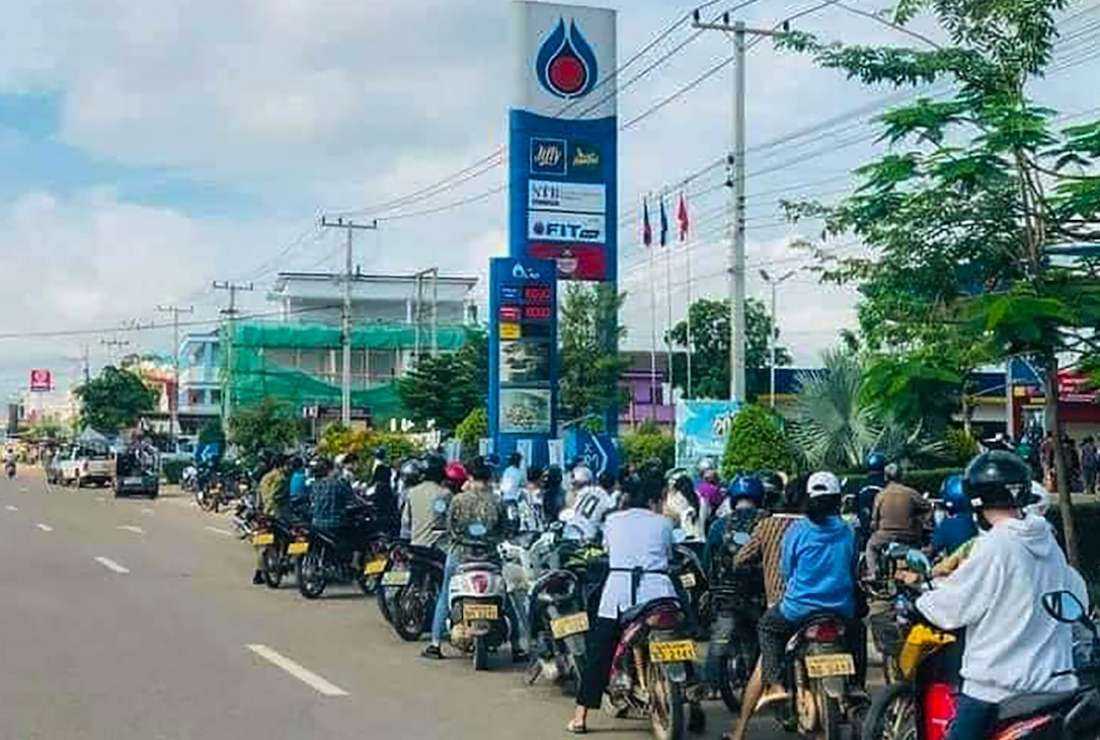
Food and fuel costs soar amid runaway inflation with the impoverished country on the brink of bankruptcy

Motorists queue for fuel at a petrol station in Vientiane on May 9. (Photo: AFP/Lao National TV)
Laos Prime Minister Phankham Viphavanh has blamed embezzlement by executives and staff, combined with poor management, as the main reasons for the chronic losses racked up by 178 state enterprises which have pushed the impoverished country to the brink of bankruptcy.
“Administration of these enterprises typically did not follow a sound business plan,” the state-run Vientiane Times reported. “In addition, the recruitment of executives and staff was largely based on nepotism, with these factors being the main reason for deep-seated management failure.”
His comments, broadcast on national television, came amid a rare public outcry over runaway inflation and hours-long queues for fuel as the local currency fell sharply against the US dollar and ordinary Laotians, among the world’s poorest, struggled to make ends meet.
“In some cases, the management of state enterprises invented projects and allocated budgets for them but put the money in their own pockets,” Phankham added.
The prime minister refrained from mentioning China, which in recent years has been blamed for enticing poor but strategically important countries such as Laos, Sri Lanka, Pakistan and Fiji into debt traps for its own political advantage.
According to the World Bank, Laos has just US$1.2 billion in foreign reserves but needs at least $1.3 billion a year to service its debt until 2025. Total known foreign debt stands at around $14.5 billion or 88 percent of GDP. Of that, 47 percent is owed to China.
“State enterprises should be the drivers of the nation’s economy, but instead they have become a heavy burden. Enterprises that are fully state-owned hardly ever make profit and have had to be heavily subsidized to sustain them"
Most of the borrowings were spent on major infrastructure projects, including dams and railways, which many critics argued the communist one-party state did not need and could ill afford.
In April, the anti-graft agency said almost 3,700 members of the Lao People’s Revolutionary Party had been disciplined and more than 2,000 party members were expelled after they were found to be engaged in corruption.
“There are very few state enterprises that make a profit,” Phankham said. “State enterprises should be the drivers of the nation’s economy, but instead they have become a heavy burden. Enterprises that are fully state-owned hardly ever make profit and have had to be heavily subsidized to sustain them.”
Public dissent is rare in Laos. Activists are often forced to flee abroad or face lengthy prison terms and in some cases simply disappear. Sombath Somphone, who was abducted in Vientiane more than 10 years ago, has not been heard of since. He was forced into a pickup truck and driven away, according to CCTV footage.
Criticism of the government is also strictly forbidden under the penal code. As such, most criticism about Laos' economic plight has been restricted to online media platforms by anonymous contributors.
Help us keep UCA News independent
The Church in Asia needs objective and independent journalism to speak the truth about the Church and the state.
With a network of professionally qualified journalists and editors across Asia, UCA News is just about meeting that need. But professionalism does not come cheap. We depend on you, our readers, to help maintain our independence and seek that truth.
A small donation of US$2 a month would make a big difference in our quest to achieve our goal.

Share your comments